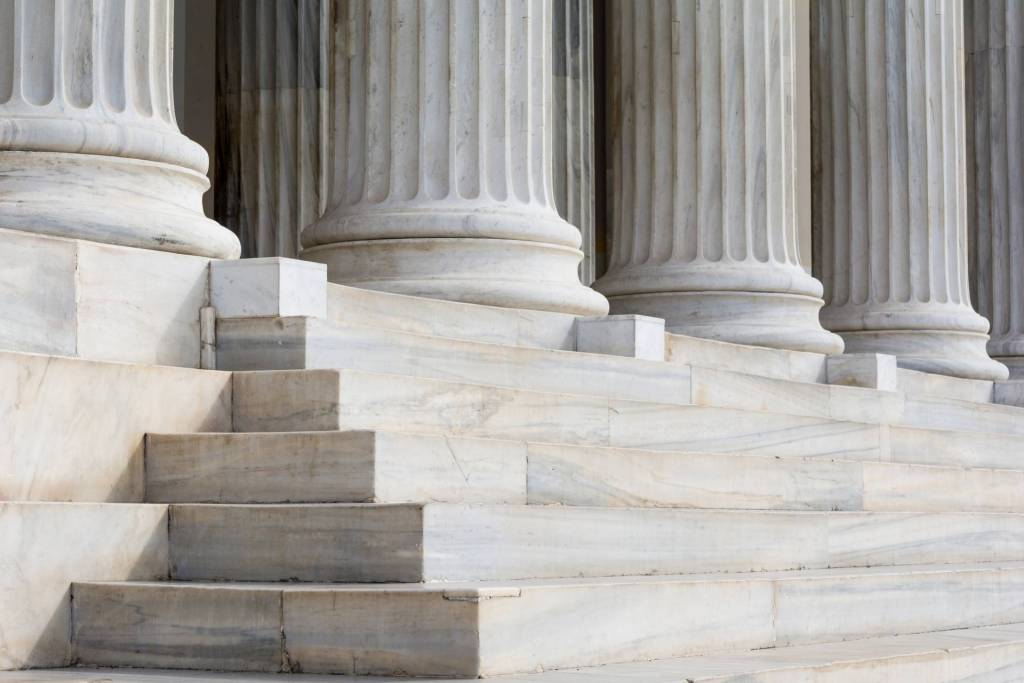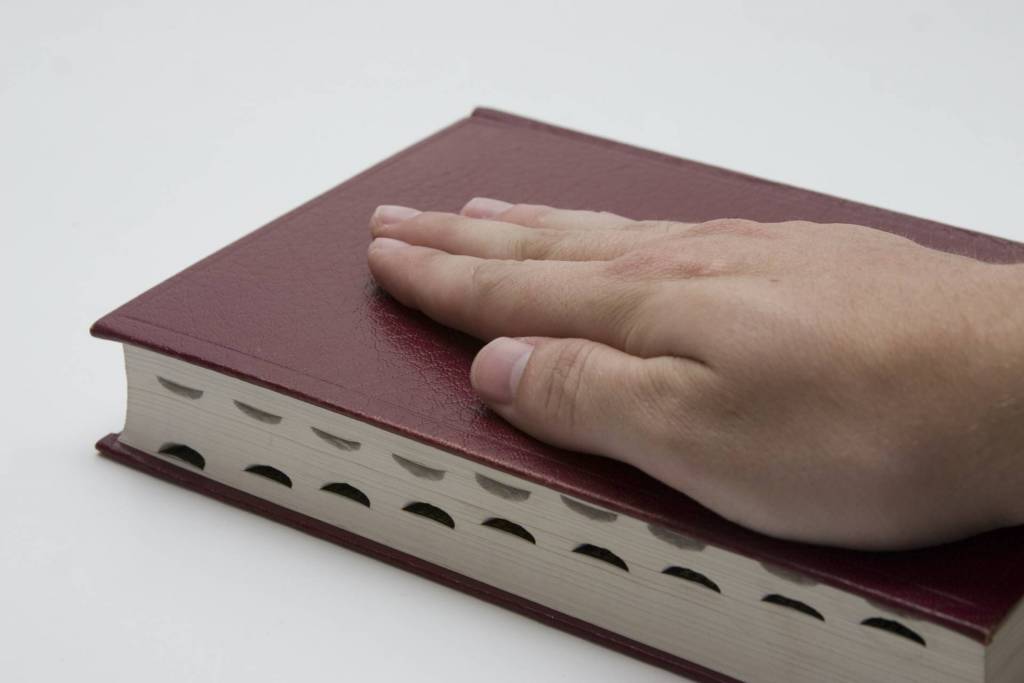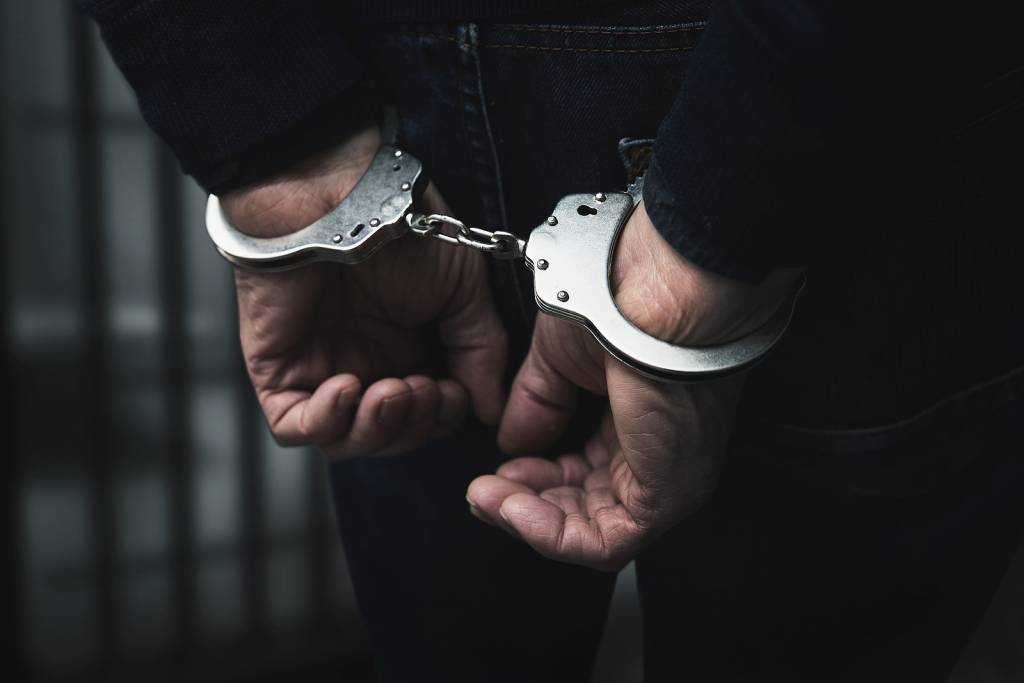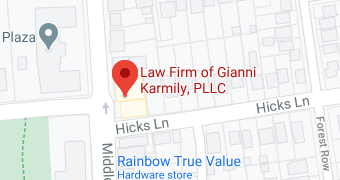New York’s disorderly conduct law prohibits a number of behaviors. If you’re charged with disorderly conduct or with a more serious offense like rioting or disrupting a funeral service in New York, you must be advised and represented by a Nassau County criminal defense lawyer.
How does the law in New York define disorderly conduct? How is disorderly conduct distinguished from more serious offenses like rioting? How serious are the penalties for a disorderly conduct conviction?
If you’ll keep reading this brief discussion of disorderly conduct in New York, you’ll find the answers to these questions, and you’ll learn how the right New York attorney will work on your behalf if you are accused of disorderly conduct or a related crime in this state.
What Constitutes Disorderly Conduct?
In most cases, to be convicted of disorderly conduct, a defendant must have intentionally and substantially inconvenienced, annoyed, or upset others. The law in New York lists the following actions as examples of disorderly conduct:
- blocking pedestrian or vehicular traffic
- congregating publicly and refusing a law enforcement officer’s order to disperse
- creating any hazardous or offensive condition without good reason
- disturbing a lawful meeting or assembly
- fighting or other threatening or violent conduct
- being unreasonably loud
- publicly using abusive or obscene gestures or language
Peacefully picketing and demonstrating do not constitute disorderly conduct, but anyone who uses obscenities, harasses others, or engages in threatening behavior at a picket line or a demonstration could be charged with disorderly conduct.
“Fighting” or “violent conduct” that injures someone or seriously threatens others may be charged as a more serious crime such as assault.
How is Disorderly Conduct Handled by the Courts?
Disorderly conduct is considered a “violation” in New York. This state creates three categories of offenses against the law; violations, misdemeanors, and felonies.
Violations are the least serious, but if you’re charged with disorderly conduct, you will need to contact a Long Island disorderly conduct attorney. Why? Because you could potentially serve up to fifteen days in jail if you are convicted of a violation such as disorderly conduct.
In addition to the possibility of jail time, a conviction for disorderly conduct can cost you hundreds of dollars in fines and fees, and the court may also order a convicted disorderly conduct offender to complete a specific number of hours of community service as part of the sentence.
Violations, however, are not considered “crimes” in New York, so a conviction for disorderly conduct does not create a criminal record. Don’t assume, however, that all disorderly behavior falls into the violation category.
When is Disorderly Behavior a Crime?
Rioting, disrupting a funeral, and disrupting a religious service, for example, are crimes in New York, and if you face one of these charges, you’ll need to contact a New York criminal defense lawyer at once.
Disrupting a religious service, funeral, burial, or memorial service, with the intent to cause annoyance or alarm or recklessly create a risk is a Class A misdemeanor punishable upon conviction with up to 364 days in jail and/or a fine of up to $1,000.
What is the Loitering Law?
Loitering – that is, “hanging out” at a public location with no good reason for being there – is usually charged as a violation in New York, but it depends on the details. It is against the law in New York to loiter:
- at or near a school
- at or near a transportation facility to engage business or entertain people
- for the purpose of gambling
- for the purpose of buying or using illegal drugs
What is Unlawful Assembly?
When committed simultaneously by a group of people, disorderly activity that becomes an unlawful assembly or a riot is dealt with severely by the authorities in New York.
Unlawful assembly happens when five or more people gather for the purpose of tumultuous and violent conduct likely to cause public alarm, or if someone at an assembly which either has or develops such a purpose remains there with the intent of advancing such conduct.
Unlawful assembly is a Class B misdemeanor that may be penalized upon conviction with up to ninety days in jail.
What is the Rioting Law in New York?
Riot in the second degree happens when five or more engage together in tumultuous and violent conduct and intentionally or recklessly cause or create a grave risk of public alarm. Riot in the second degree is a class A misdemeanor punishable upon conviction with up to a year in jail.
Riot in the first degree happens when ten or more engage together in tumultuous and violent conduct and intentionally or recklessly cause or create a grave risk of public alarm, and as a result, someone other than a participant is injured or substantial property damage happens.
Riot in the first degree is a class E felony that may be penalized upon conviction with up to four years in prison.
How Will a Criminal Defense Lawyer Help You?
If you are charged with disorderly conduct, disrupting a funeral or religious service, loitering, unlawful assembly, or riot in the first or second degree, arrange as quickly as possible to speak about your case with a Long Island criminal defense lawyer.
Your lawyer will develop a defense strategy based on the specific details of your case. In your defense, your lawyer may claim that you:
- acted in self-defense and did not initiate a fight or act of violence
- acted to protect someone else
- were not unreasonably loud or tumultuous given the circumstances
- did not refuse a police officer’s order to disperse or keep moving
- have been misidentified, and another person in fact committed the crime
- are the target of a fabricated charge, and no crime actually happened
When Should You Contact a Nassau County Defense Attorney?
You’ve learned some basics about disorderly conduct and related crimes if you’ve read this far, but if you’ve been charged with disorderly conduct, disrupting a funeral or religious service, loitering, unlawful assembly, or riot in the first or second degree, you need personalized legal advice.
If you face any of these charges, ask a Nassau County criminal defense lawyer to represent you and bring your case to its best possible outcome. Make the call and schedule a consultation with that lawyer at the first possible opportunity.
To schedule a confidential case evaluation with the Law Firm of Gianni Karmily, PLLC, call our Great Neck office at (516) 630-3405 or our Hempstead office at (516) 614-4228.













